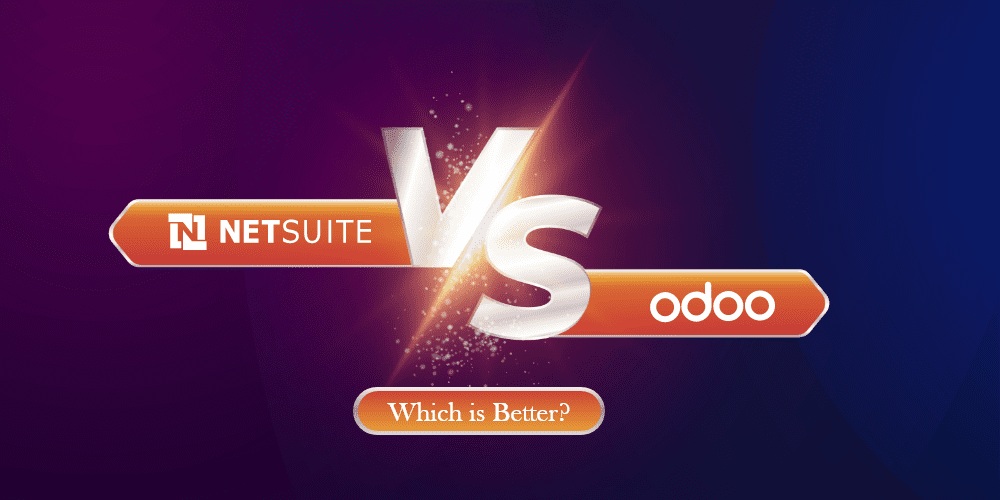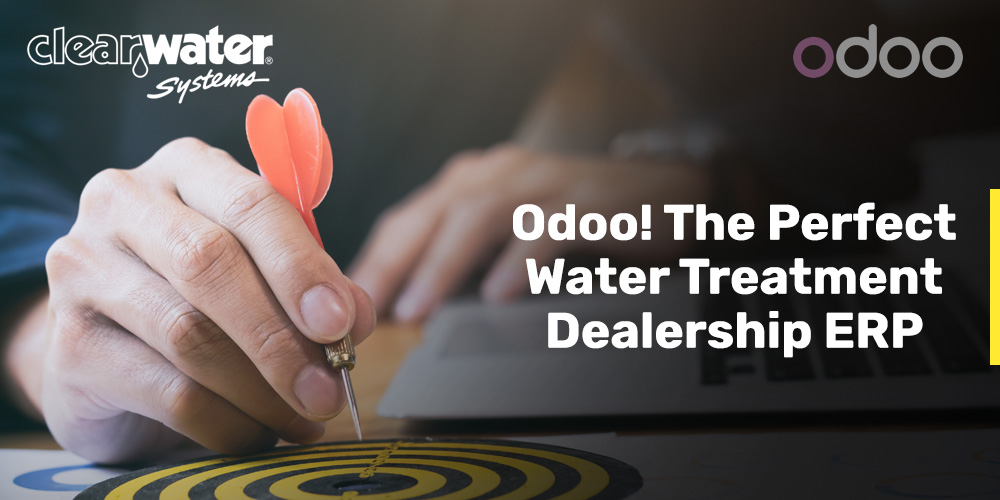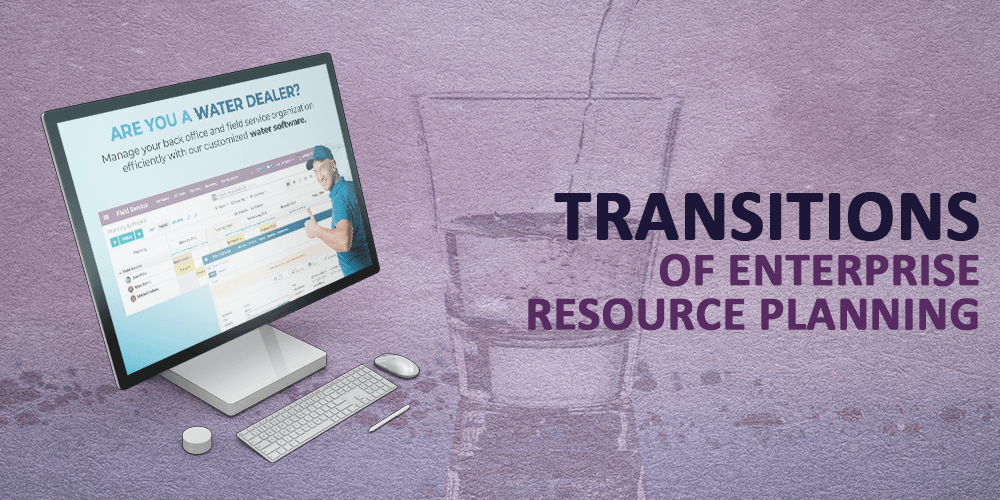For businesses to streamline operations and promote growth, selecting the correct Enterprise Resource Planning (ERP) system is critical. In this blog, we will compare two well-known ERP solutions – NetSuite and Odoo – based on key factors such as modularity, flexibility, support and community, security and compliance, cost of ownership, and user interface and user experience, to help you make an informed decision.
Modularity:
NetSuite modules are tightly integrated, making deploying individual pieces of the solution challenging. NetSuite is designed to be a complete ERP solution, which can be a limitation if you only want to deploy specific modules. On the other hand, Odoo is designed to be modular, allowing organizations to select and integrate different modules as needed, making it more flexible in terms of deployment options.
Flexibility:
When it comes to flexibility, Odoo is generally considered more flexible due to its open-source nature. With access to configure and change the source code, Odoo offers more incredible customization options than NetSuite. Additionally, Odoo offers hundreds of applications that can be added to the core ERP functionality, providing even more flexibility for organizations.
On the other hand, NetSuite is a software-as-a-service cloud solution, meaning it’s a standardized product multiple organizations use. This limits the ability to change the software to suit specific needs. However, NetSuite may be a better fit if your organization prioritizes standardization.
Support and Community:
Odoo and NetSuite offer vital support and community resources to help customers with their ERP needs. However, Odoo’s more active and vibrant community provides more resources, forums, and add-ons. Odoo also offers more support options like email, phone, chat, and a knowledge base. In contrast, NetSuite has a more limited community, which may make it harder to find resources and help.
Cost of Ownership
The cost of ownership is an essential factor to consider. NetSuite tends to be more expensive in the long term due to higher subscription and license costs and additional clauses and kickers in contracts that can increase costs over time based on various factors. On the other hand, Odoo has a lower-cost pricing model in general. However, it’s quite important to note that while the software license costs for Odoo may be lower, the open-source nature of the software may require additional costs for customization, implementation, and support. On the other hand, NetSuite may provide a more predictable cost structure with less room for unexpected expenses.
Security and Compliance
Odoo and NetSuite offer robust security and compliance features to protect sensitive data and ensure regulatory compliance. However, Odoo is more transparent and open about its security practices, and it allows customers to perform their security audits. Odoo offers more flexible and customizable security options, such as two-factor authentication and access controls. In contrast, NetSuite is more closed-source and proprietary, which makes it harder for customers to verify its security practices.
User Interface and User Experience
Odoo and NetSuite offer modern and intuitive user interfaces (UI) and user experiences (UX). However, Odoo’s UI and UX are more streamlined and user-friendly, offering more customization options. Odoo’s UI is also more consistent across modules, making navigating and learning easier. In contrast, NetSuite’s UI and UX can be overwhelming and confusing, especially for new users, and it may take longer to understand and navigate the platform.
In conclusion, NetSuite and Odoo are both popular options but differ in these areas. Odoo offers greater flexibility and modularity due to its open-source nature, making it suitable for organizations seeking customization and scalability. On the other hand, NetSuite may be a better fit for organizations looking for a complete, standardized solution with predictable costs. It’s recommended to thoroughly evaluate each solution and choose the right ERP solution for your organization’s unique needs. Consider consulting with ERP experts such as Comstar USA to make an informed decision that aligns with your business needs.








